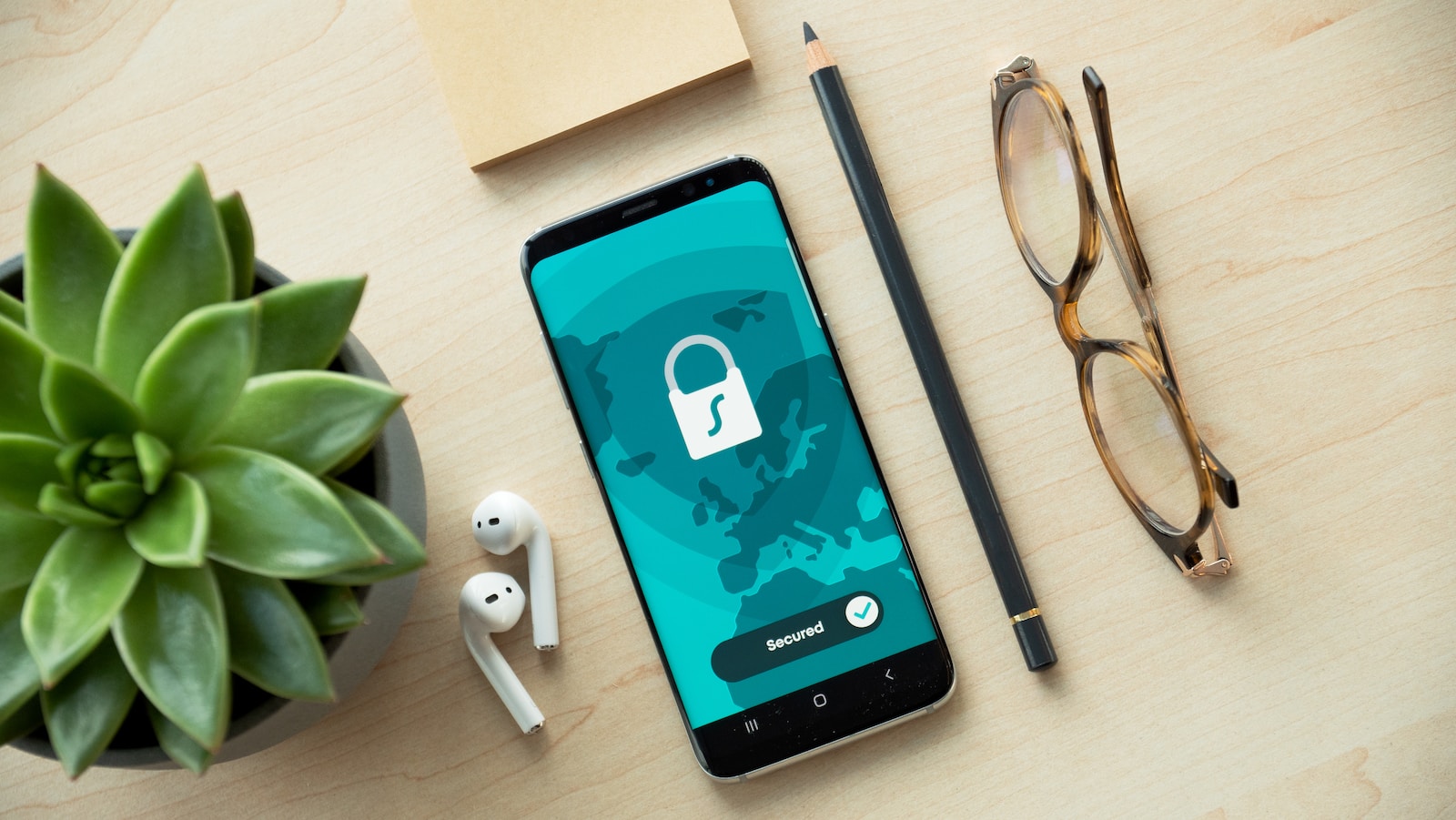Share this article with your network of friends!
In today’s digital age, staying safe online is essential for everyone, including seniors. As technology continues to advance, it’s crucial for seniors to understand the potential risks and take proactive measures to protect themselves in the online world. In this article, we will explore cybersecurity tips specifically tailored to seniors, providing valuable insights and practical advice to help them stay safe and secure while enjoying the benefits of the digital realm.
1. Stay Informed and Educated:
– Stay Up-to-Date: Stay informed about the latest cybersecurity threats, scams, and best practices. Regularly educate yourself by reading reputable online sources, attending workshops, or joining local community classes on digital safety.
– Recognize Common Threats: Be aware of common online threats such as phishing emails, fake websites, malware, and social engineering tactics. Learn to identify red flags and suspicious activities to protect yourself from potential risks.
2. Strengthen Passwords and Enable Two-Factor Authentication:
– Strong Passwords: Create strong and unique passwords for your online accounts. Use a combination of upper and lower-case letters, numbers, and symbols. Avoid using easily guessable information like your birthdate or pet’s name.
– Two-Factor Authentication: Enable two-factor authentication (2FA) whenever possible. This adds an extra layer of security by requiring a second verification step, such as a text message code or biometric confirmation, in addition to your password.
3. Be Cautious with Personal Information:
– Share Selectively: Be cautious when sharing personal information online, especially on social media platforms. Limit the amount of personal information you disclose and ensure your privacy settings are properly configured.
– Think Before Clicking: Exercise caution when clicking on links or downloading files from unknown sources, as they may contain malware or lead to phishing attempts. Verify the legitimacy of the sender and consider using an anti-malware software for added protection.
4. Secure Your Devices and Networks:
– Keep Software Updated: Regularly update your operating system, web browser, and other software applications. These updates often include important security patches that address known vulnerabilities.
– Secure Wi-Fi Networks: Protect your home Wi-Fi network by setting a strong password and enabling encryption. Avoid using public Wi-Fi networks for sensitive activities like online banking, as they may be less secure.
5. Be Wary of Scams and Fraudulent Activities:
– Phishing Awareness: Be cautious of phishing attempts, where scammers impersonate legitimate organizations to trick you into revealing personal information. Be skeptical of unsolicited emails, calls, or messages requesting sensitive data.
– Financial Transactions: Only make online financial transactions on secure and reputable websites. Look for HTTPS in the website address and a padlock symbol indicating a secure connection.
6. Trust Your Instincts and Seek Assistance:
– Trust Your Gut: If something feels off or too good to be true, trust your instincts. If you’re unsure about an email, website, or request, err on the side of caution and avoid engaging with suspicious entities.
– Seek Support: If you have concerns about your online security or encounter a potential cyber threat, reach out to trusted family members, friends, or tech-savvy individuals for guidance. They can assist you in navigating potential risks and taking appropriate actions.
In a digital world full of opportunities and risks, it’s crucial for seniors to prioritize cybersecurity and stay safe online. By staying informed, employing best practices, and exercising caution, seniors can navigate the digital frontier with confidence. Remember, staying safe online is a continuous process that requires ongoing education, awareness, and proactive measures. By implementing the cybersecurity tips outlined in this article, seniors can enjoy the benefits of the digital world while protecting their personal information and maintaining online security. Embrace the digital age with confidence, knowing that you have the knowledge and tools to stay safe in the virtual realm.
DISCLAIMER: This website contains articles for informational and entertainment purposes only. No articles on this website should be considered as professional advice for any medical, legal, or financial matter. Advertisements and content may contain affiliate links, where the website earns a commission for sales derived from our users.





